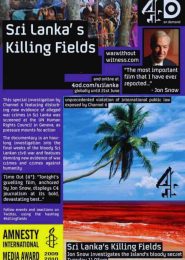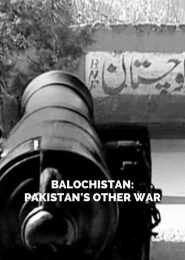Killing Bin Laden: Operation Neptune (2011)
On May 2, 2011, a ten-year manhunt culminated in a dramatic and lethal conclusion as the elite forces of the United States Navy SEALs, specifically SEAL Team Six (also known as DEVGRU), closed in on their elusive target: Osama Bin Laden. The manhunt had spanned a decade, tracing back to the horrific attack on the World Trade Center on September 11, 2001.
The operation, codenamed Neptune Spear, was meticulously orchestrated. It involved a CIA-led mission, with the Joint Special Operations Command (JSOC) coordinating the various Special Mission Units that participated in the raid. Alongside SEAL Team Six, these units included the 160th Special Operations Aviation Regiment (Airborne)—affectionately known as the “Night Stalkers”—and the CIA’s Special Activities Division, which recruited extensively from former JSOC Special Mission Units.
The stakes were monumental: Osama bin Laden, the founder and leader of the notorious al-Qaeda terrorist group, was accused of masterminding the September 11 attacks that shook the United States to its core. The raid was meticulously planned, approved by U.S. President Barack Obama, and executed with precision. Two Black Hawk helicopters, carrying two dozen Navy SEALs, launched from a base in Afghanistan, approximately 120 miles (190 km) away from the target in Abbottabad, Pakistan.
In the dead of night, the raid unfolded. Within 40 intense minutes, the SEALs breached bin Laden’s compound. The man responsible for immense suffering and loss of life was confronted. At shortly before 1:00 a.m. PKT (20:00 UTC, May 1), bin Laden was shot and killed. Three other men, including one of his sons, and a woman in the compound also lost their lives.
The aftermath was equally significant. U.S. forces swiftly returned to Afghanistan, carrying bin Laden’s body for identification. Then, they embarked on an over 850-mile (1,370 km) journey to the Arabian Sea, where he was laid to rest in accordance with Islamic tradition. Al-Qaeda confirmed bin Laden’s death, vowing vengeance, while other Pakistani militant groups expressed outrage at the U.S. and Pakistan for their roles in the operation.
The raid received widespread support from the American public, international organizations, and governments worldwide. However, it also faced condemnation, particularly from two-thirds of the Pakistani public. Operation Neptune Spear remains etched in history—a daring mission that brought closure to a decade-long pursuit and forever altered the global landscape of counterterrorism.




